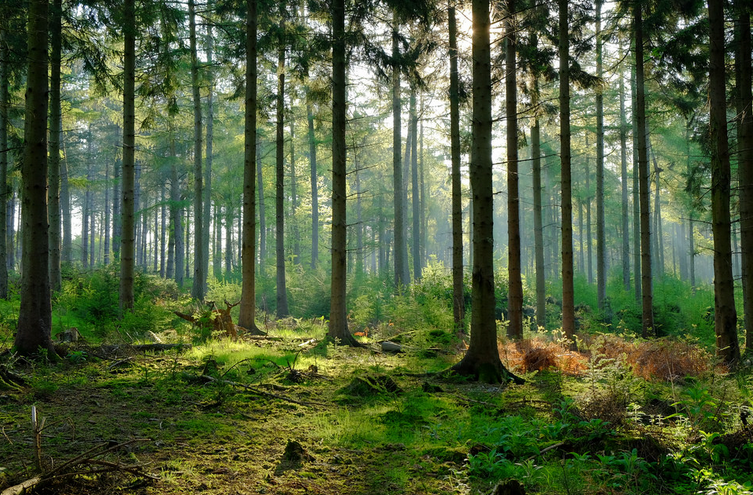No matter where we live, forests makes our life possible. When a forest is lost anywhere, people feel it everywhere. We literally can’t live without them.
So why are they vanishing?
Despite their immense value, nearly half of the world’s forests have been lost. What’s worse, we’re cutting them down at greater rates each year to plant crops, graze cattle and generate income from timber and other forest products.
Deforestation accounts for about 11% of global greenhouse gas emissions caused by humans — like the emissions from all the cars and trucks on earth combined. Forests still cover about 30% of the world’s land area. As of 2005, Nigeria has the highest rate of deforestation in the world according to the Food and Agriculture Organization of the United Nations (FAO).
People need forests
That’s where we come in. When we protect an acre of forest, we’ll help create a healthier, more prosperous, more productive planet, for everyone.
Deforestation in simple term means the felling and clearing of forest cover or tree plantations in order to accommodate agricultural, industrial or urban use. It involves permanent end of forest cover to make land available for residential, commercial or industrial purpose.
Forests are cut down for many reasons, but most of them are related to money or to people’s need to provide for their families. The major driver of deforestation is agriculture. Often many small farmers will each clear a few acres to feed their families by cutting down trees and burning. Forests are also cut as a result of growing urban sprawl.
Not all deforestation is deliberate
Some are caused by a combination of human and natural factors like wildfires and subsequent overgrazing, which may prevent the growth of young trees.
Removing trees deprives the forest of portions of its covering, which blocks the sun’s rays during the day and holds in heat at night. This disruption leads to more extreme temperatures swings that can be harmful to plants and animals. Just like we are experiencing today. Trees also play a critical role in absorbing the greenhouse gases that fuel global warming.
The fastest solution to deforestation would be to simply stop cutting down trees. However, deforestation rates have slowed a bit in recent years.
We in Africa are determined to show leadership. Let us truly lead by example, by using our abundant natural resources for the health, education and sustainable future of current and next generations.
Ending deforestation is our best chance to preserve the environment and protect the rights of forest communities. Most importantly, it’s one of the quickest and most cost-effective ways to curb global warming.
http://www.conservation.org/what/pages/forests.aspx?gclid=CNah0tSeutACFcHnGwodtY8EKg
http://environment.nationalgeographic.com/environment/global-warming/deforestation-overview/

